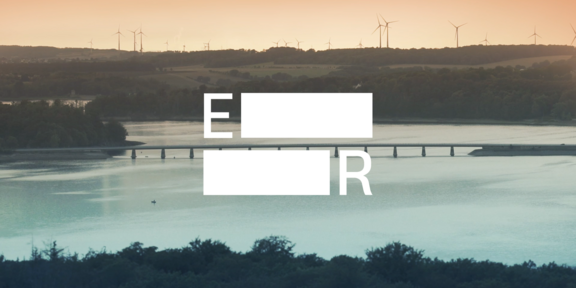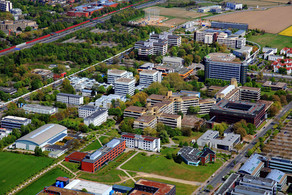Social Research Center makes NRW districts fit for a climate-robust future
- TU News

"Preparing a rural region for future events such as heat, heavy rainfall, floods or drought means a major effort," emphasizes Jürgen Schultze, scientist at sfs and project manager of Evolving Regions. At the start of the project in 2019, rural regions in NRW in particular had not yet made much progress in climate adaptation. This is where Evolving Regions came in: First, the Institute for Spatial Planning, led by Prof. Stefan Greiving, analyzed the potential impacts of climate change in the respective regions. On this basis, nearly 100 actors from district administrations, cities and municipalities, politics, associations, companies and educational institutions in each of the seven regions worked intensively on the topic of climate adaptation for about one and a half years. The result of the joint active work of all actors in each region was a comprehensive "roadmap": a concrete plan with measures and responsibilities that was even politically adopted.
The comprehensive "Evolving Roadmapping" method had previously been developed by the sfs. "An important goal here was to empower the regions themselves to become climate-robust," explains Katharina Schrot from sfs. "To do this, we initiated collaborations, developed extensive climate knowledge, and established new dialog formats and network structures." The 25 or so measures that each region has developed for itself and that are now being implemented include, for example, checklists for urban land use planning, action weeks on climate adaptation to raise citizens* awareness of the issue, and comprehensive water management with retention and land unsealing. The fact that the project will continue after its conclusion is demonstrated by the fact that staff positions for climate adaptation have already been made permanent in all regions.
Other districts are to benefit from the experience gained in the project regions: For example, there were learning workshops for interested municipalities, but also training offers for external consultants*. The roadmaps are also attracting international interest. "Rural regions across Europe are facing the challenges of a changing climate," says Schultze, who has already presented the project's findings at international conferences. "We are already working on another EU project proposal on climate adaptation, because the need and interest are there."
The partners in the project
The partner regions include the districts of Wesel, Steinfurt, Siegen-Wittgenstein, Soest, Minden-Lübbecke, Coesfeld and Lippe, as well as the Dutch municipalities of Zwartewaterland and Kampen. In addition to the TU Dortmund University with the Social Research Center and the Institute for Spatial Planning, the following institutions are also involved: German Institute of Urban Affairs, PrognosAG, BEW Education Center, University of Twente, ZDF Digital.
Contact persons for queries:



